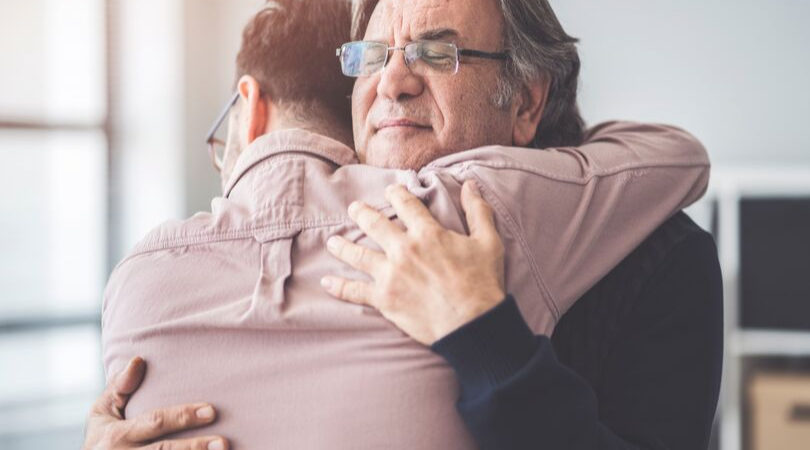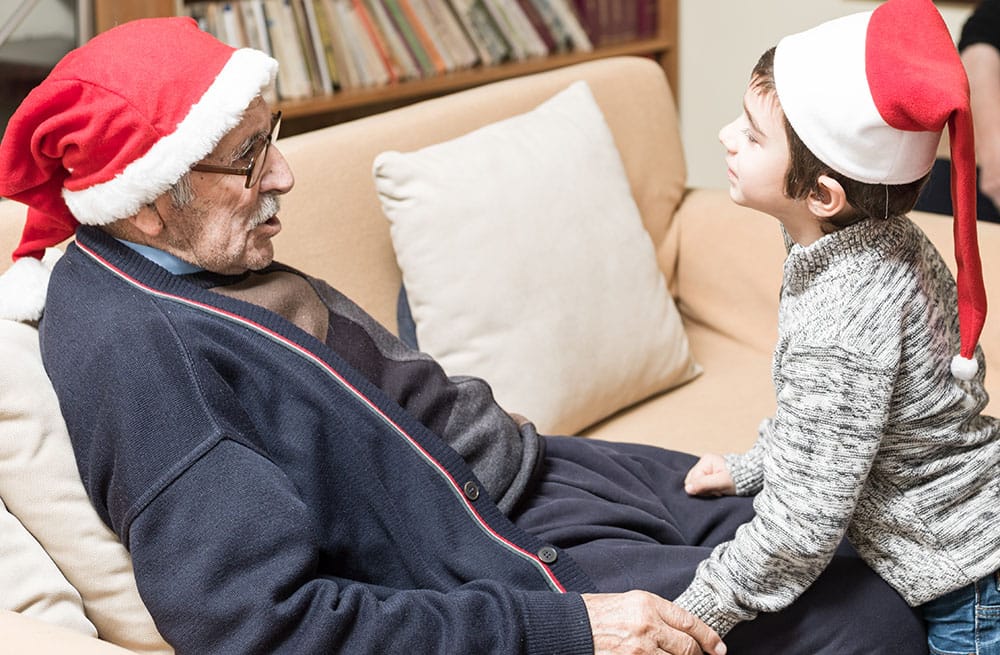The 2nd Amendment & Disarming Dementia Patients

Safety always comes first – especially when a loved one has been diagnosed with dementia. Families quickly tackle the difficult conversation to convince their loved one to give up their car keys. When their loved one begins to wander, accommodations are made to ensure they can no longer leave the house without alerting caregivers.
But what about guns and dementia?
Guns are a controversial topic in America as gun owners on one side assert their 2nd Amendment rights while their opponents cite growing gun violence across the country. Statistics show that more than half of people over age 65 own a gun or live in a house with someone who does. With one in fourteen adults over 65 facing a dementia diagnosis, there is real cause for concern.
If health issues ranging from diminished eyesight to cognitive issues affect an individual’s ability to operate a car, a physician can recommend revoking their driver’s license, but there is no process in place for physicians to revoke a firearms license from an authorized gun owner if the concern is dementia and guns.
The results can be tragic.
A Kaiser Health News investigation found over a hundred cases where people with dementia used guns to shoot themselves or others. When an agitated or confused patient can’t even recognize a beloved spouse or child, it’s easy to see how a well-intentioned nurse or aide could be mistaken for a home invader.

Understand the Level of Threat
As healthcare professionals, we need to weigh the true risks of a situation. If a patient is clear minded and not expressing suicidal thoughts, guns pose less of a risk – even if staff is uncomfortable around them.
In these cases, it’s reasonable to ask that the guns be locked or at least not in the plain view during visits. But a responsible gun-owning patient and their family should be able to receive care without removing the guns from the home.
However, if a patient cannot properly assess threats or is expressing suicidal thoughts, the guns need to be removed before a tragedy can occur.

Getting the Family On-Board
Support from the family is key when addressing dementia and guns. For a family that has used firearms safely for generations, they may believe that simply locking up their weapons is enough to protect their loved one and themselves.
But imagine if you felt your life was in danger from an armed intruder. When an individual with dementia is in a panic and believing their life is at stake, a lock won’t stop them. They could break into the cabinet to reach the guns they believe are necessary to protect their home.
Discuss a variety of options with the family based on the level of threat in the home. While removing the guns entirely is the safest option, the family can also choose to remove the ammunition to lessen the risk.
While this can be a tense conversation, remind family members that the goal is safety for everyone around an individual who cannot properly assess threats in the home. Don’t just push your ideas on the patient and the family. Listen to their concerns, hear out their proposed solutions, and work out a plan together.
Removing the guns temporarily might make the family uncomfortable, but how would they feel if their loved one killed themselves or someone else? Work through all the possible scenarios with them – a family member popping by for an unexpected visit, a nurse arriving at night to provide care, a postal worker delivering a package. Remind them that this is not a judgement about them or about guns in general. It’s about protecting them, their loved one, and visitors to the home.
When possible, the best approach is to begin discussions before an individual with dementia reaches a point where they cannot participate in making their own decisions. Ask them to add information about their firearms to their advance directives, including who should make the decision that the guns can no longer be kept in the home and who the guns will be given to for safekeeping when that time comes. Then stick to that plan.
Guns and dementia are a dangerous combination. Addressing the situation with compassion, understanding, and firmness is necessary to keep everyone safe.
Crossroads Hospice & Palliative Care provides support to patients with dementia and their families. Call 1-888-564-3405 to learn more about hospice eligibility requirements for individuals with dementia.
If you found this information helpful, please share it with your network and community.
Copyright © 2019 Crossroads Hospice & Palliative Care. All rights reserved.



